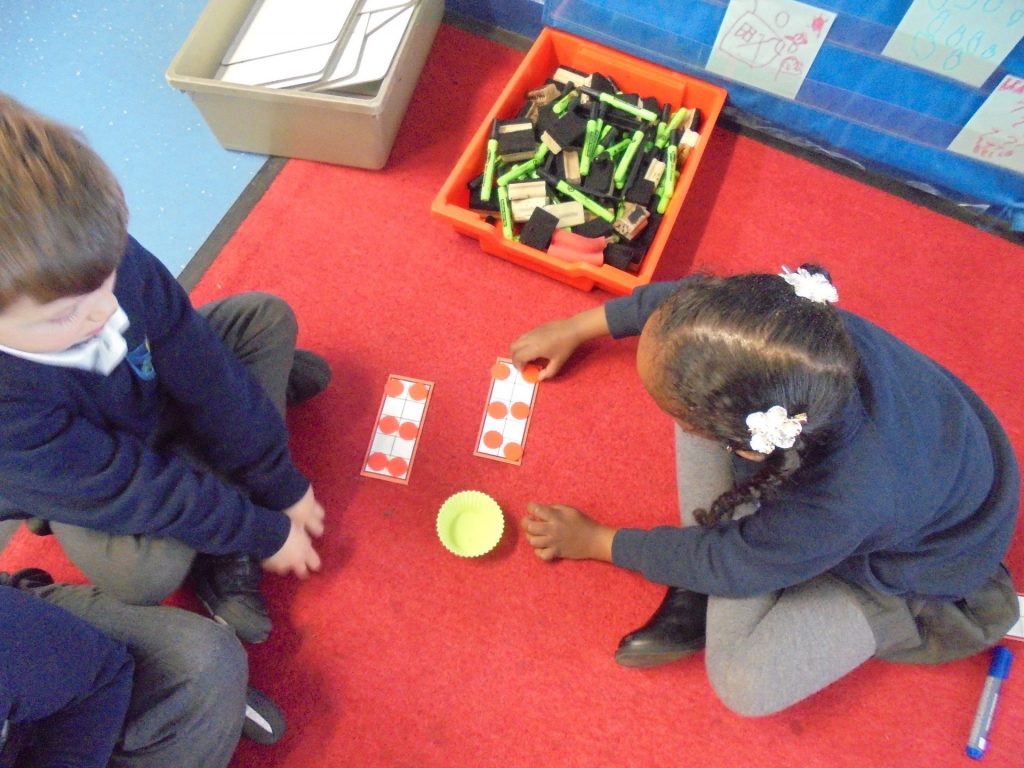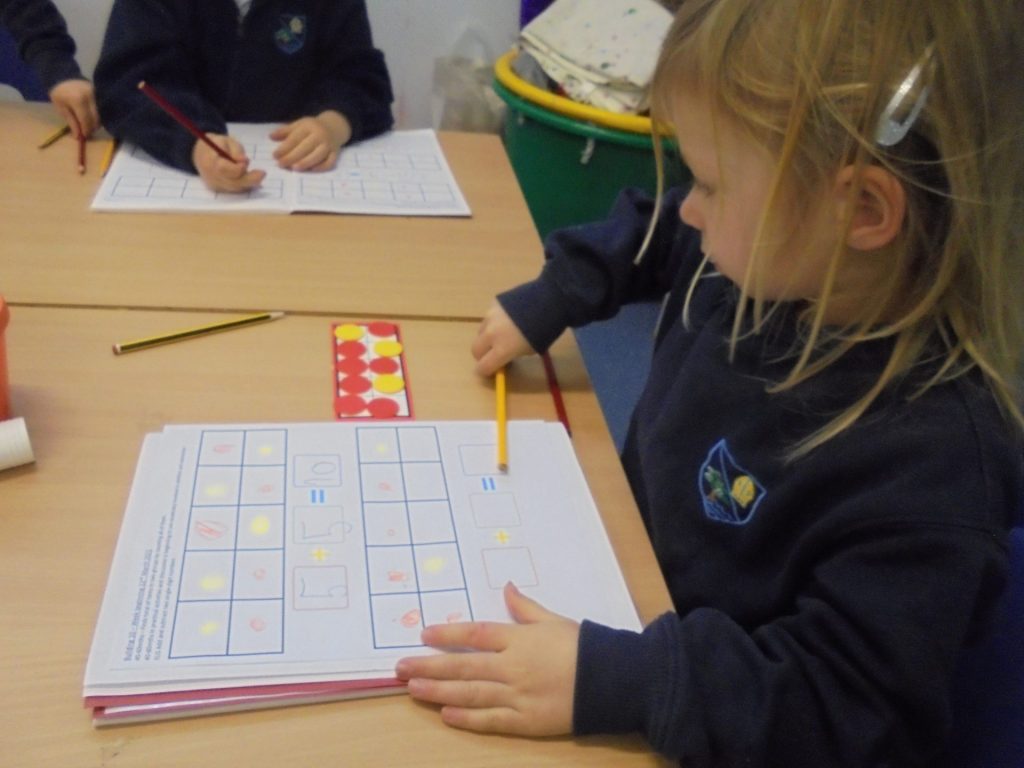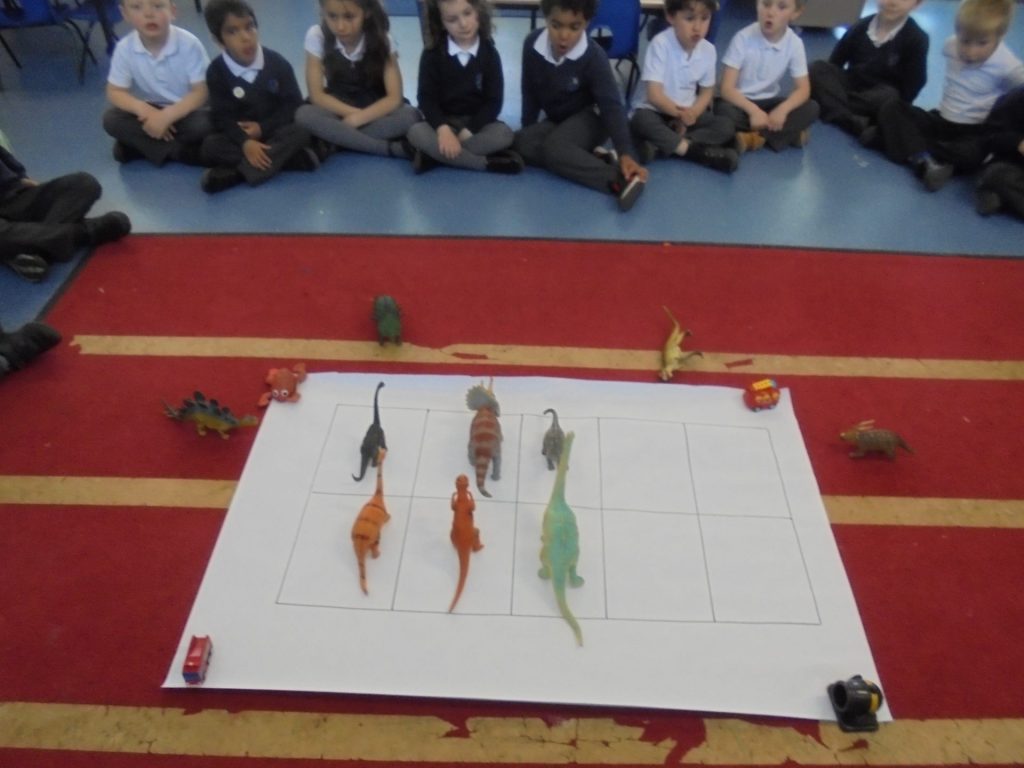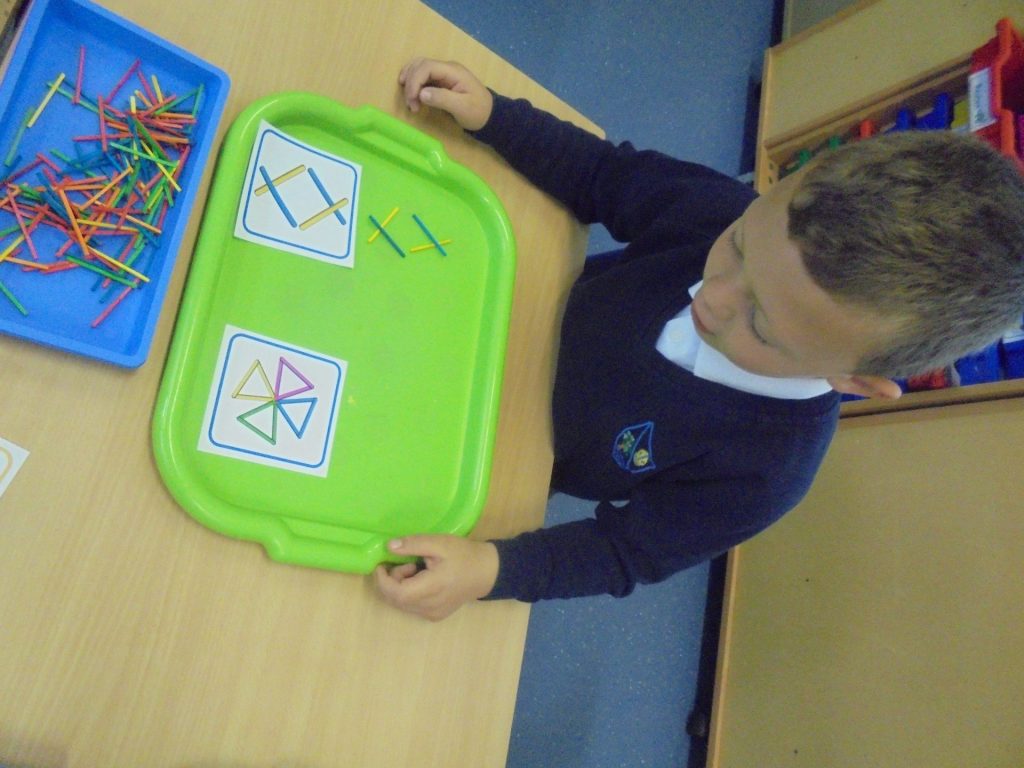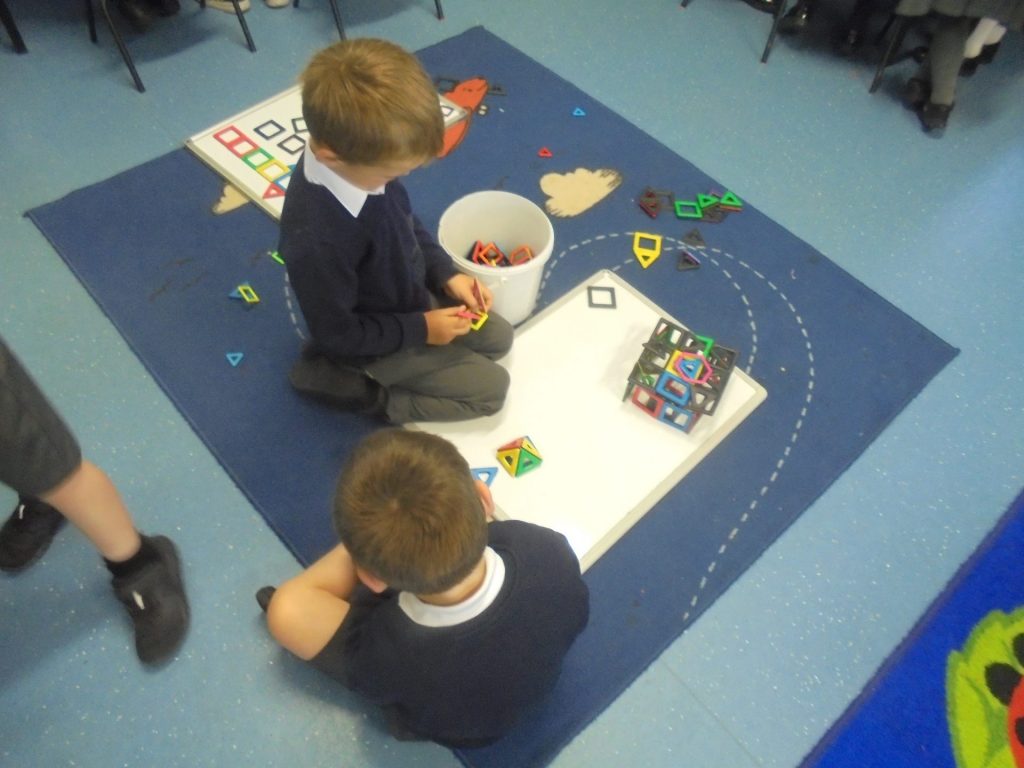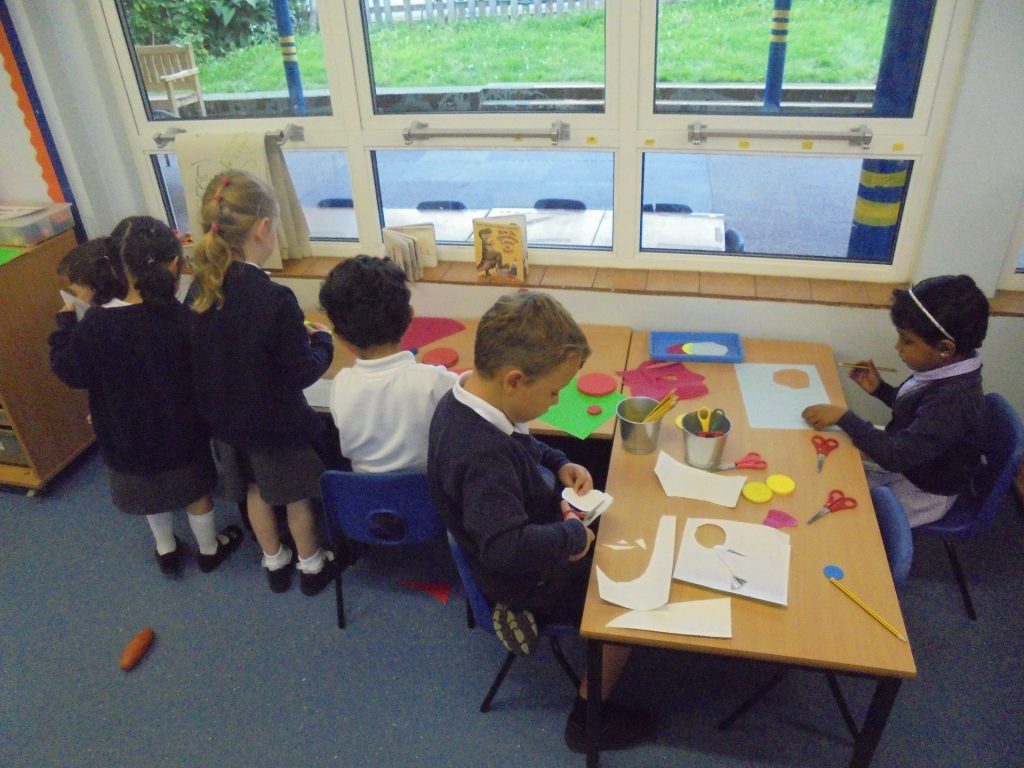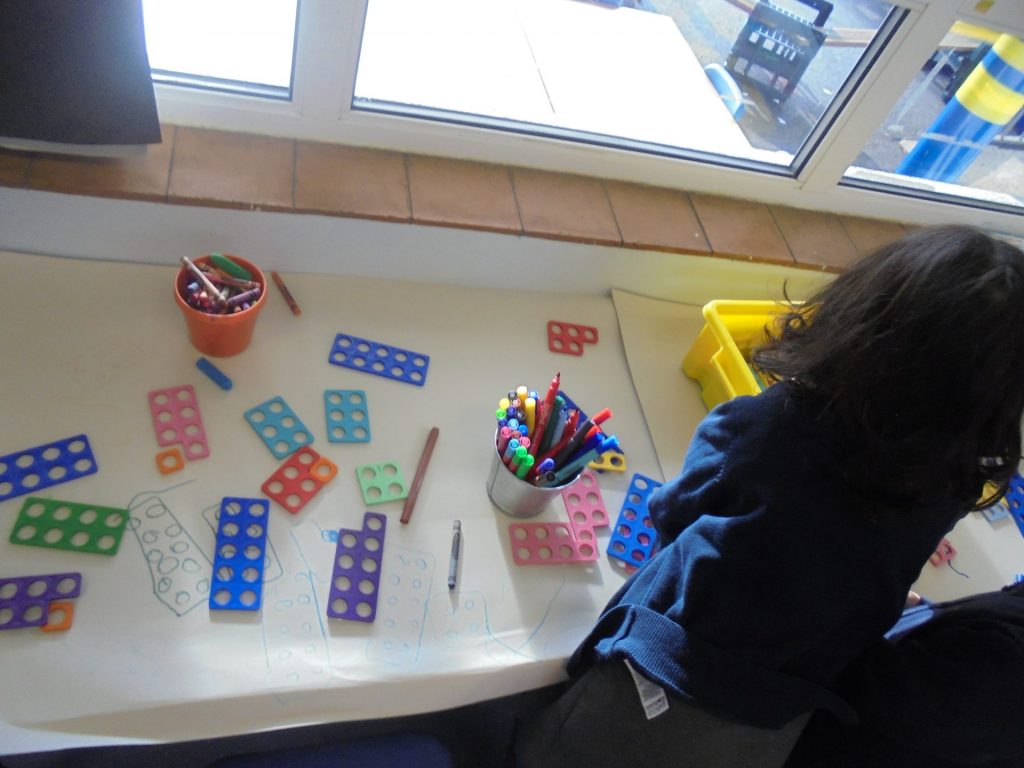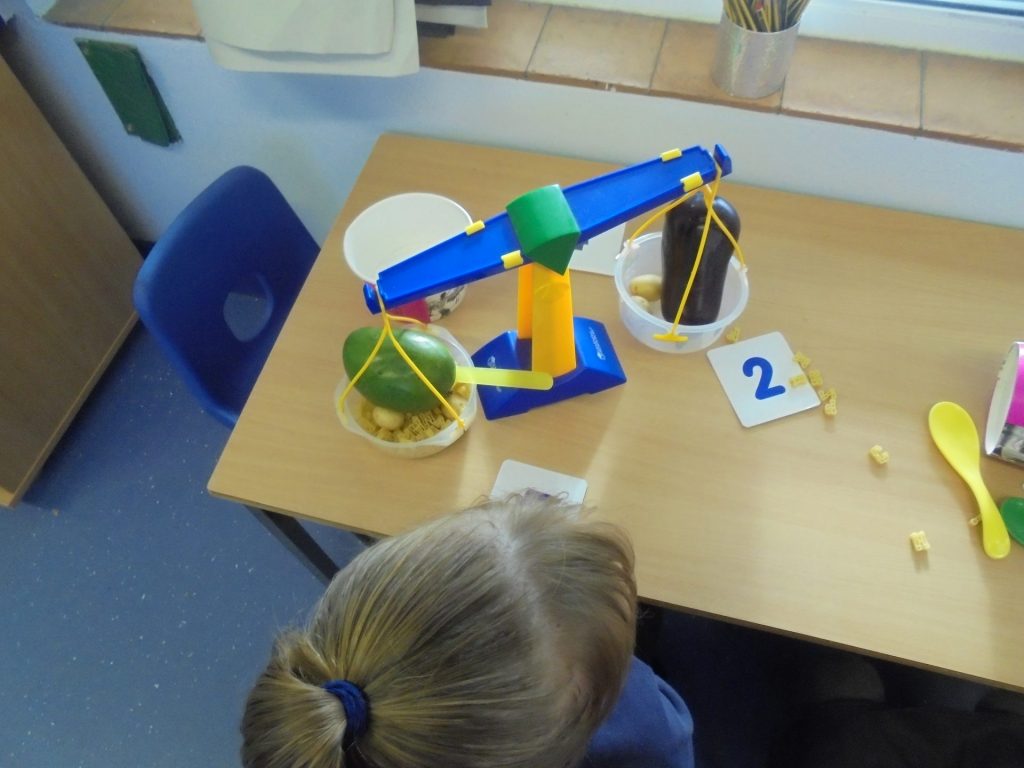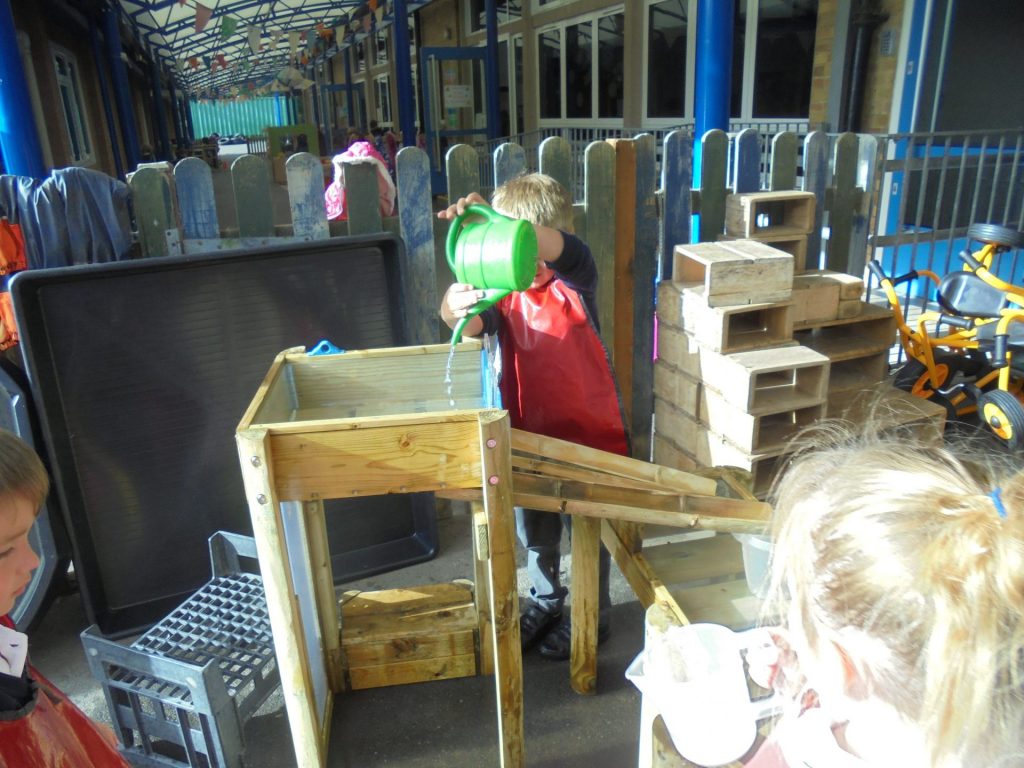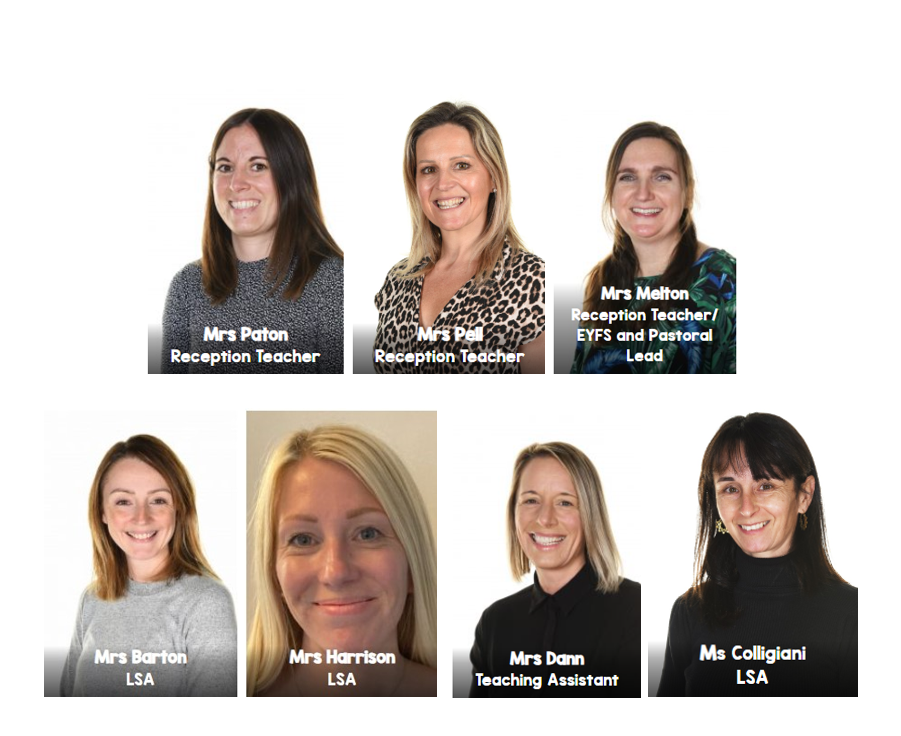
What are the different areas in the EYFS Curriculum?

‘There are seven areas of learning and development that must shape educational
programmes in early years settings. All areas of learning and development are
important and inter-connected’ (The Statutory Early Years Framework 2021/1.3)
Prime Areas
- Communication and Language – Listening, Attention and Understanding/Speaking
- Physical Development – Gross motor skills and fine motor skills
- Personal, Social and Emotional Development – Self-regulation, managing self and building relationships
Specific Areas
- Literacy – Comprehension, word reading and writing
- Mathematics – Number and numerical patterns
- Understanding the World – Past and present, people, culture and communities, the natural world
- Expressive Arts and Design – Creating with materials, being imaginative and expressive
Please have a look at the pictures below to see some of these areas in action during the school day.
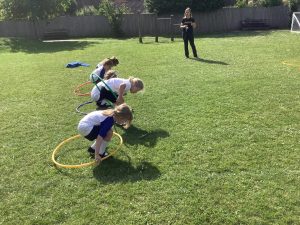
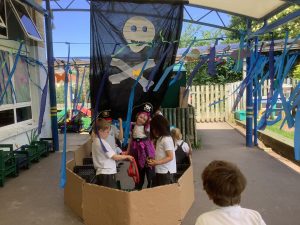
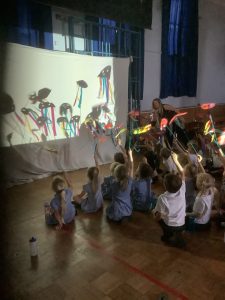
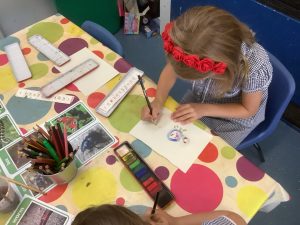
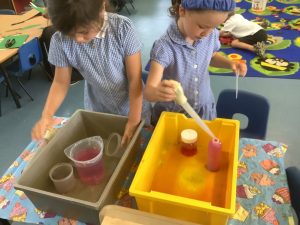
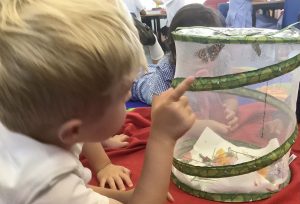

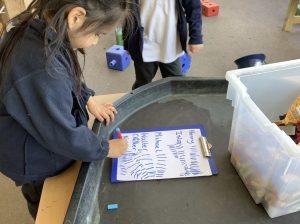
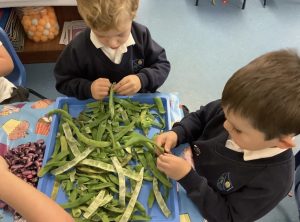
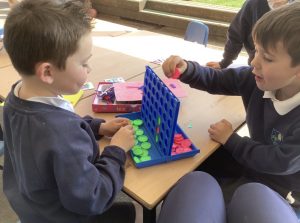
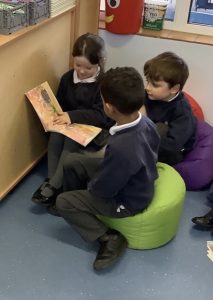
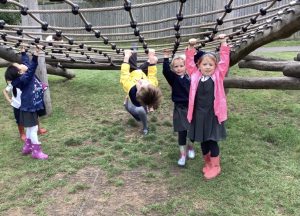
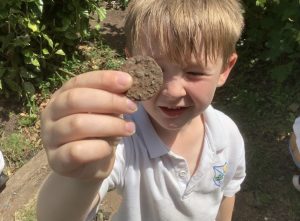
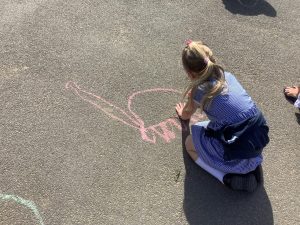
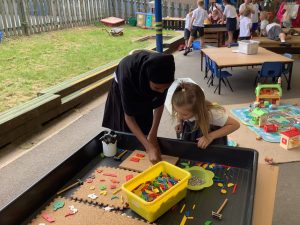
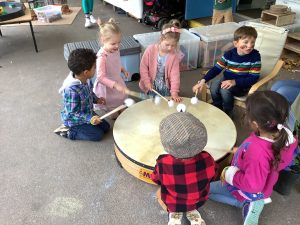
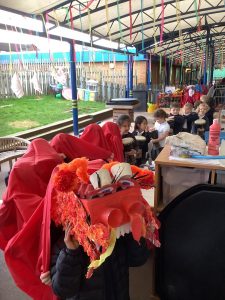
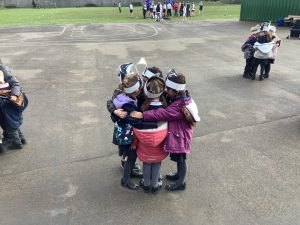
Yearly Overview
Partnership with Parents
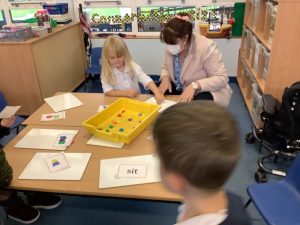
We believe in strong, honest and respectful relationships with parents where the children’s developing need are jointly nurtured. We host a range of Hub Events across the year ranging from phonics workshops and teddy bear picnics to craft afternoons. This will enable you to come into the school to see how we teach and work with the children on a day to day basis.
Personal, Social and Emotional Development
This area of the curriculum is important to support children’s cognitive development and helps them to lead happy and healthy lives and is fundamental in children’s development. Positive relationships with all adults enable children to learn how to understand their own feelings and those of others. Children should be supported to manage emotions, develop a sense of self and have confidence in their own abilities. Consistent boundaries both at home and school help children to feel safe and secure.
At Stoke Bishop Primary School, we use a scheme called ‘Jigsaw’. Jigsaw is a whole school approach, with every child exploring the same theme each term. The lessons are designed to help children’s emotional literacy skills, build self-esteem and nurture their mental and physical health. We believe that our PSHE curriculum is also integral to other curriculum areas (English, History, RE, PE, Geography) and not taught purely through an isolated approach. These other themes are regularly reviewed and planned carefully to ensure current social topics are taught sensitively and help contribute significantly to children’s social and emotional development. The Jigsaw themes are as follows:
- Being Me in My World
- Celebrating Difference
- Dreams and Goals
- Healthy Me
- Relationships
- Changing Me
Reading and Phonics at Stoke Bishop Primary School

Please see the presentation below for information on how we teach phonics at our school. If you have any questions, please speak to a member of the Reception team.
Below are the letter formation and rhymes to help children form their lower case letters correctly.



Communication and Language
This underpins all seven areas of learning and development. A language rich environment at home and school is crucial. We believe in high quality interactions between adults and children at all times. This can include commenting on their interests, engaging actively in reading stories, echoing back what children say with new vocabulary and giving children the opportunities to share ideas. The video below is from the National Literacy Trust which shares parents views about the importance of talking to their children.
Mathematics in the EYFS
We believe in creating an environment where children can become confident mathematicians. By enabling children to explore mathematical concepts through play, this can develop problem solving and reasoning skills. We have a daily Maths session where key skills are taught and modelled through both visual and hands on experiences.
